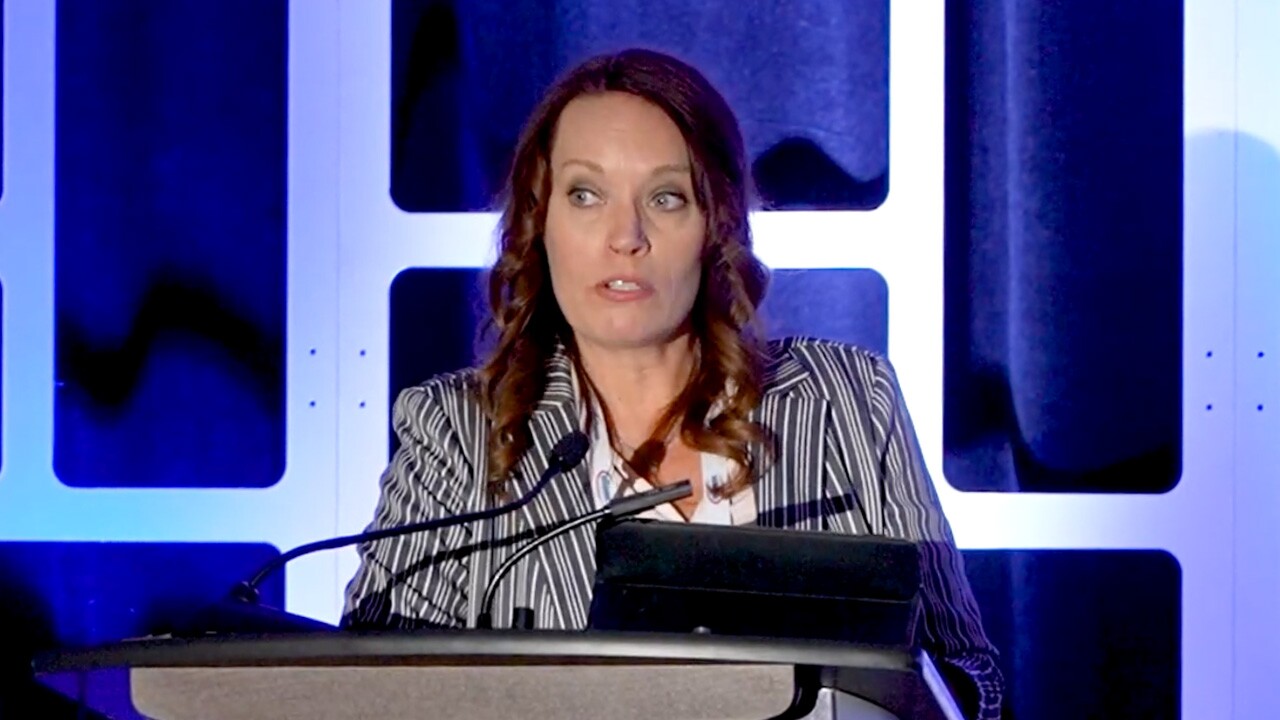Tariffs in Banking
Tariffs are influencing the banking sector as bankers navigate today's economic volatility. Tariffs are introducing complexities that impact lending, investment strategies, and overall financial stability across areas of the financial world. As a banker, it is essential that you understand the many ways that tariffs could impact your organization, including escalating trade tensions and shifting regulatory landscapes. Explore our comprehensive coverage, including news, expert analysis, videos, webinars, and market research to stay up-to-date in real-time on the latest tariffs news and insights for financial professionals.
-
Federal Reserve Gov. Lisa Cook said in a speech Wednesday night that the central bank's credibility depends on its ability to bring inflation back to its 2% target.
February 4 -
Banks typically prefer to steer clear of politics. But in 2025, politics would not steer clear of banks
December 25 -
Treasury Secretary Scott Bessent said the Federal Reserve Board should reject the renomination of any regional Federal Reserve Bank presidents who have not lived in their districts for three years, signaling a potential confrontation when reappointments come before the board in February.
December 3 -
In an environment of persistent economic unease, banks have a unique opportunity to help small businesses, Sekou Kaalund, U.S. Bank's head of branch and small business banking, said at American Banker's 2025 Small Business Banking conference.
October 28 -
An apparent increase in large-scale borrower fraud and the hot environment for bank mergers were the key themes as banks discussed their third-quarter results.
October 22 -
Panelists speaking at American Banker's Most Powerful Women in Banking conference said they appreciate the deregulatory efforts underway under Trump, but said clarity on tariffs and rules of the road for emerging technologies would unlock future growth.
October 22 -
After a quarter in which Goldman Sachs beat Wall Street's expectations, CEO David Solomon said he was seeing a "meaningful improvement" in the macroeconomic environment.
October 14
The first three months of the year coincide with the start of President Donald Trump's second term in office. Investors are likely to be more interested in banks' outlooks amid swings in tariff policy than the first-quarter results.










